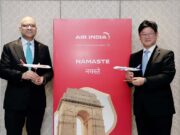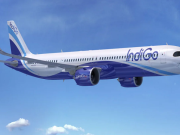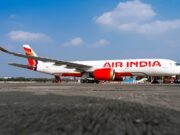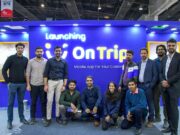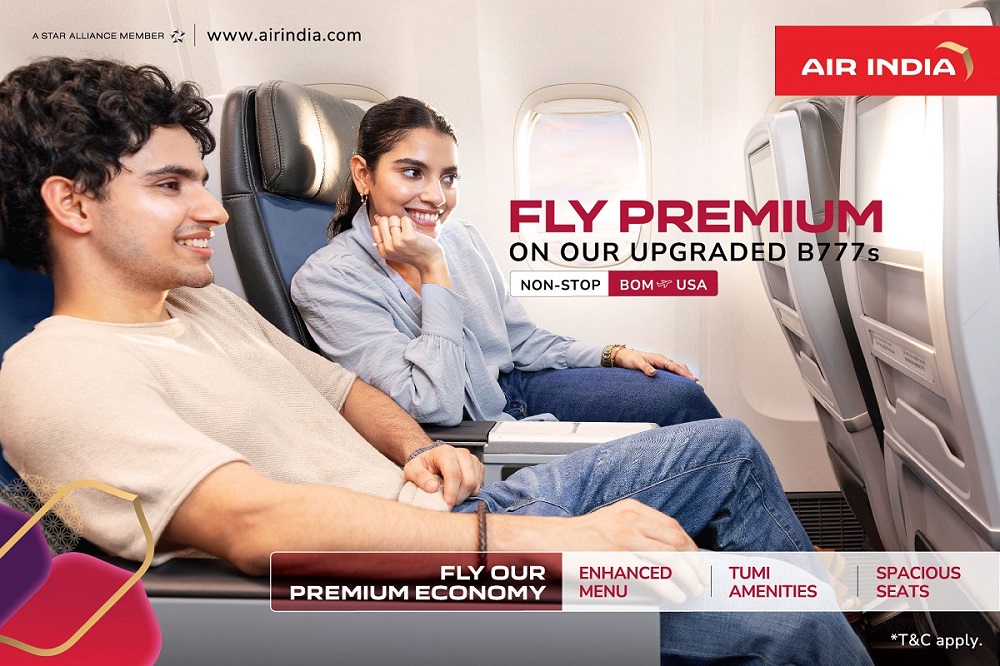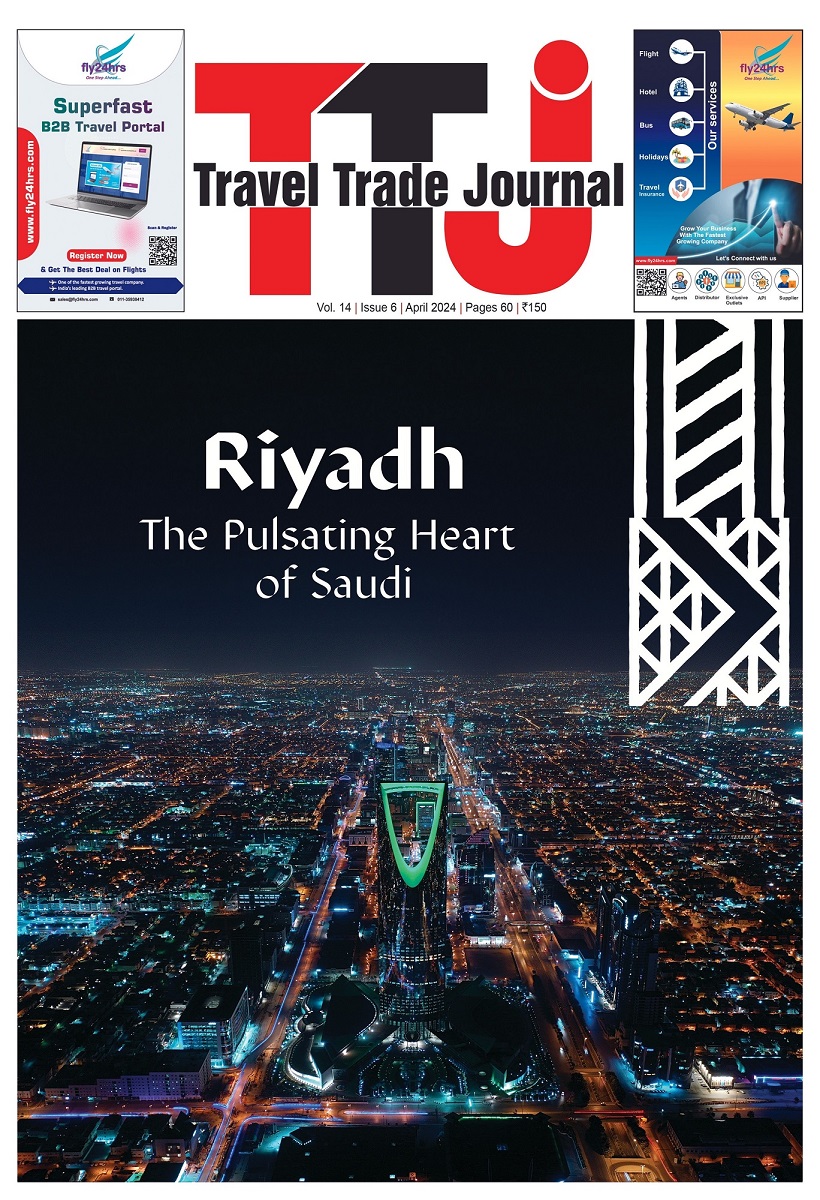The world of travel and tourism has a new order in place, post-pandemic. With the spotlight now on consumers and their fast-evolving cares, it is important to understand what makes them tick, where their inhibitions lie and what their expectations are anticipated to be. Consumer-centricity is the only way forward, the industry agrees.
With the aim of providing a birds-eye view of consumer behaviour, InterMiles, a leading loyalty and rewards programme, has published results of their third travel survey in the ‘Consumer Sentiment Index Report (Travel) 3.0’. Based on responses received from 2,276 InterMilers across India during mid-October 2021, the report showcases insights and changing consumption patterns of the evolved Indian traveller.
Key Insights from the InterMiles Consumer Sentiment Index (Travel) 3.0:
Close to 2 in 3 respondents look at firming up travel plans for November and December 2021, as they seek to escape WFH monotony and reconnect with loved ones
Rampant vaccinations and a decrease in the number of Covid-19 infections have boosted consumer confidence in travel. A whopping 95 per cent respondents are either firming up travel plans (65 per cent) or are contemplating travel (30 per cent) during November and December 2021.
This comes as good news to the travel fraternity, who consider the Diwali and year-end period to be the second busiest period for travel, immediately after summer holidays. As like prior to the pandemic, religious festivities and year-end celebrations are estimated to play a major role in driving these numbers. Only a miniscule (5 per cent) percentage of respondents are keen on staying indoors.
Why are they looking to travel? After a year and a half of tedious WFH routines and no separation between personal and professional lives, Indian travellers are keen on getting away from their homes – which also doubled up as their office! 34 per cent respondents stated that they are looking to travel as they need a change of scenario and want to overcome WFH fatigue by connecting with nature. Staying home has also reignited the need for some adventure in 23 per cent respondents, with them stating that they will travel to explore new domestic (14 per cent) and international (9 per cent) destinations.
Physical separation from loved ones during the pandemic has put a strong re-emphasis on relationships, with 31 per cent respondents looking to travel to reconnect with loved ones, as they look to travel to either visit family & friends or go back to their hometowns. A small slice (12 per cent) will travel to attend religious events or local festivities.
Bucketed as an essential expenditure, travel commands greater attention from consumer wallets
Given its role in re-energizing and re-motivating a population fatigued by the pandemic, by promoting mental health and wellness, travel is no longer grouped under non-essential expenditures. Additionally, with millennials choosing to invest in experiences rather than assets, it comes as no surprise that over 70 per cent of the members surveyed are willing to spend over INR 10,000 (per person) on a trip.
15 per cent members are willing to loosen purse strings even further and spend over INR 50,000 (per person) solely on travel.
Flights continue to be the preferred mode of transportation
Around 55 per cent respondents planning to travel in Nov-Dec 2021, said they would opt for flights to get to their destination. This is in continuity to a similar trend observed during the InterMiles Consumer Sentiment Index (Travel) 2.0 released in March 2021 – where majority travellers stated that they felt more comfortable travelling by flights, as opposed to any other mode of transport. Self-drives – which emerged as a popular travel trend last year – continues to be popular with 20 per cent respondents choosing to either travel by rented or personal vehicles.
It is encouraging to see that there is restored confidence in certain modes of public transportation – especially trains – with almost 1 in 4 respondents stating that they would actively opt for trains to get to their destination. This is in contrast to the survey released by InterMiles in March 2021, when majority respondents were not comfortable with any mode of public transport including taxis, autos, trains and buses. This increase in confidence can be attributed to the fact that the pandemic is now being considered an endemic, boosting the need to return to certain levels normalcy albeit with precautions and safety measures in place.
Safety considerations and pandemic protocols remain #1 when planning travel
The traveller consideration list has evolved significantly during the pandemic – pushing health & safety to be primary factors when it comes to choosing a destination as well as accommodation properties. During the course of the survey, close to 50 per cent respondents cited different aspects of safety as the most important factor while choosing a destination. Major deciding factors included Covid-19 protocols (26 per cent), the number of current Covid-19 cases at the destination (13 per cent) and the ability to have an isolated getaway (10 per cent). It is interesting to note that respondents are more skewed towards gauging the safety ranking of a destination, by taking health protocols into consideration as opposed to the number of infections.
Experiences offered by the destination (22 per cent), accessibility (14 per cent) and value for money (13 per cent) follow on the traveller priority list while scouting for destinations.
Close to 1 in 2 respondents (45 per cent) stated that safety & hygiene standards by the accommodation property was the most important deciding factor, while choosing a stay option. Price (16 per cent), experiences offered (13 per cent), accessibility to attractions (11 per cent) and accessibility to transport hubs (9 per cent) follow at a distance on the priority list.
With borders consistently remaining open for a while, reduced situational volatility and confidence in travel restored, flexibility no longer seems to be a major factor of concern while choosing a destination – only 6 per cent respondents consider the flexibility to shift dates or cancel at no cost, to be the most important factor while choosing an accommodation option. This is in sharp contrast to the InterMiles Consumer Sentiment Index 2.0 released in March 2021, where potential travellers enlisted flexibility with regards to change date and last-minute free cancellations as a huge draw.
Vaccinate, test and mask-up please!
Post-pandemic, travellers do not believe that less is more, with them actively seeking out destinations that have strategic safety & hygiene measures in place. Vaccinations are working like a charm when it comes to boosting traveller confidence. This is evident as close to one 1 in 3 travellers state that they are comfortable travelling to destinations that allow only fully vaccinated travellers.
Another 27 per cent respondents say that they would have most confidence in destinations that mandate negative RT-PCR tests, in addition to complete vaccinations. Furthermore, 16 per cent state that in addition to the above stated criteria, they will be most comfortable with destinations that have short quarantine periods.
What masking protocols are consumers most likely to follow during travel?
Respondents seem to be divided on the correct masking protocol, during travel. However, a majority (32 per cent) lean towards wearing single masks.
These are closely followed by those who prefer to don a single mask + face shield (28 per cent), double masks (23 per cent) and double masks + face shields (17 per cent).
Increased dependency on technology in travel
With the onset of the pandemic, technology was predictably slated to play a huge role in reducing person-to-person contact. The InterMiles survey reaffirms its part in restoring consumer confidence, as a whopping 42 per cent respondents say that contactless technologies boost confidence while travelling – these include contactless payments (22 per cent) and digital IDs (19 per cent).
Having a constant eye on travel developments via mobile applications also helps increase confidence in 24 per cent travellers.
Along with dedicating attention to the latest travel news, travellers have also evolved to keep constantly keep a tab on physical health and again, technology comes to the rescue! 42 per cent survey respondents said that they were likely to pack a smart band or watch that can track their fitness when travelling. Rather than tag around individual oximeters (29 per cent) and thermometers (26 per cent), majority travellers prefer smart bands and watches which are usually capable of monitoring both, temperature and Sp02 levels.
In addition to technology that monitors health, travellers also exercise adequate precaution – they state personal sanitizers (68 per cent) and personal water bottles (60 per cent) have now become absolutely essential travel accessories.
About the InterMiles Consumer Sentiment Index (Travel) 3.0:
The InterMiles Consumer Sentiment Index was introduced to identify trends that matter and enrich the industry’s understanding around the always evolving consumer need and behavior. This survey was conducted between 11th to 16th October 2021.
The programme which has a 10mn plus member base, is committed towards understanding the pulse of consumers across various travel & lifestyle categories. Data collected through these surveys will not only enable InterMiles as a programme to create unique and compelling value propositions for its members, but it will also create meaningful business opportunities for its partners.
The member base for the InterMiles Consumer Sentiment Index (Travel) 3.0 comprises members having diverse payment, lifestyle and travel preferences.


